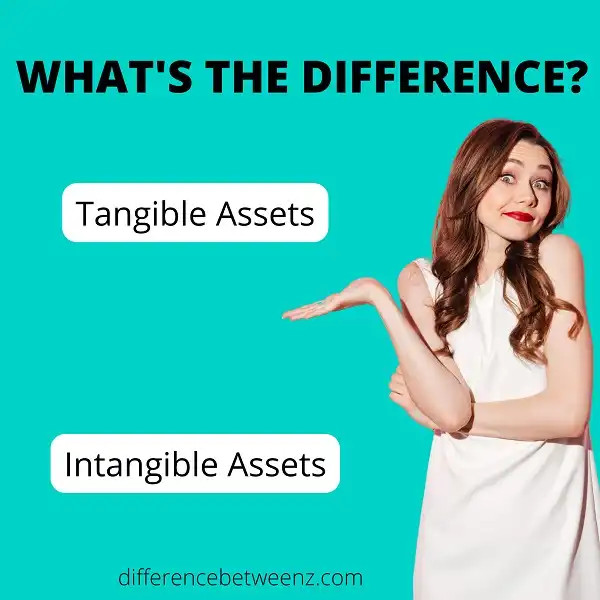Tangible vs. Intangible
What is Difference between Tangible and Intangible? The concepts “tangible” and “intangible” create confusion in many, and for others they may even be a bit difficult to differentiate depending on the context in which they are used. However, once certain details are taken into account, it is easy to differentiate them.
Difference between Tangible and Intangible
Intangible and tangible are two ways of describing something, but what things correspond to each category? If you have doubts about it or just search for a bit more information that complements what you already know, then continue reading, because this post is all about the Difference between Tangible and Intangible Assets.
Tangible
The tangible term refers to things that can be seen and touched, although they may not necessarily be perceived by all other senses.
Everything we can see around us is tangible. For example: trees, earth, tables, and people. All are tangible objects with which we can in one way or another interact directly. They are physical things composed of matter.
Intangible
On the other hand, by intangible it is understood that there are things that although they can or cannot be seen, definitely cannot be touched. Intangible objects may be real, but they do not have a physical presence. Some examples of these cases would be: the air, the light of the moon. These are two things that we cannot physically touch, even though they exist. There are also other examples of intangible things that cannot be seen or touched: feelings, ideas, emotions … They can only feel (internally) and express them.
Finally, everything that exists fits into one of those two categories. Also, when talking about goods they are often described as tangible or intangible. Examples of the former would be: land, vehicles, machinery, furniture and money; while among the examples of the second case could be mentioned: patents, copyright, franchises, among others.


